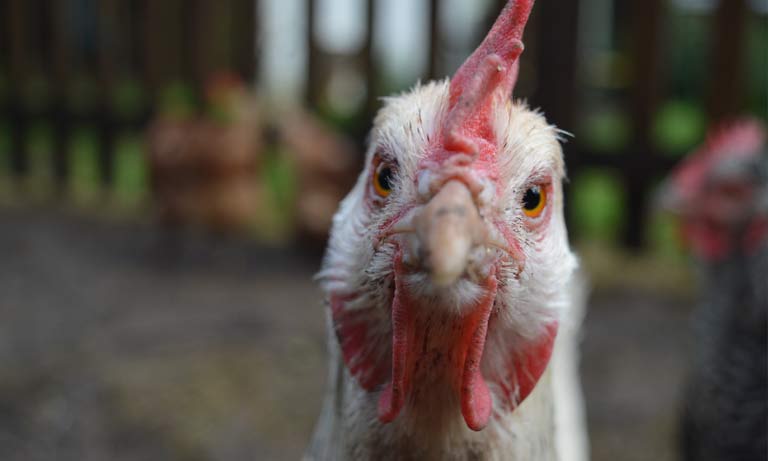Brucella canis: what vets need to know
14 Feb 2024
Mark Williams, Chief Executive of the British Egg Industry Council tells us how good progress has been made on reducing injurious feather pecking, but collaboration is the key to further success.

Beak trimming and injurious pecking (IP) are very emotive subjects, which can be the subject of debate, albeit often misinformed of the true picture of what’s actually happening in the UK. Good progress has been made on reducing injurious feather pecking, but collaboration is the key to further success.

Having spoken to many farmers over the years whose flocks have had issues with IP, which have unfortunately led to cannibalism and mortality, it is easy to see why we need a long-term solution to the issues surrounding IP. As all involved know, the results of an outbreak of IP not only affect hen welfare but are also very distressing for the farmer.
The UK moved away from using the so-called ‘hot-blade’ method of beak trimming birds some years ago, in favour of Infra-Red Beak Treatment, which is non-invasive and carried out on day-old chicks in the hatchery. The treated tip of the beak falls off harmlessly around 2-3 weeks later. The British Egg Industry Council’s (BEIC) position is that we hope to be able to stop treating the tip of the beak, but we can only do this when we are satisfied that the birds’ welfare is not put at risk.
I was very pleased to be asked for input into the joint BVA and BVPA Feather Pecking position. Vets are at the forefront of dealing with the issues that arise from IP and it is absolutely vital that they are a major part of the solution in reducing instances and managing any outbreaks of IP.
For some time, the BEIC has been working with farmers across the country, undertaking research, offering advice and supporting their efforts to reduce IP. But this is a major challenge that requires a holistic approach with all our partners working together, as we have through initiatives including the Beak Trimming Action Group, and latterly through the Laying Hen Welfare Forum, as we move towards a future where beak treatment is no longer required.
As we approach that time, we are further increasing the emphasis on maintaining good husbandry to try and ensure positive bird welfare outcomes. Whist feather pecking is a natural behaviour for birds, we must avoid instances of IP. We can only do this via a concerted effort to work together as an industry.
While the BEIC can and does galvanise the industry as a whole, the document prepared by the BVA and BVPA endorses our view that each individual flock must have a health and welfare plan that is built to suit the farm, built alongside the vet, and constantly monitored. It should be all-encompassing covering the likes of housing, lighting and feed, while stockmen should be trained to identify and react to signs of bird stress and IP.
Since the responsibility of continuing to make progress on reducing IP was passed to the Laying Hen Welfare Forum (LHWF), chaired by the BEIC, we have seen continuous progress, albeit that it is a slow process to ensure that we get the balance right to maintain bird welfare. The LHWF is taking forward the recommendations of the Beak Trimming Action Group and will continue to explore every avenue to ensure that we are able to eventually remove the need to beak treat birds. And we will report back to Government every two years on our progress on reducing IP and related mortality. We will continue to collect data from trial farms, across all systems of production, which if successful, can be rolled out across the industry.
The subject of IP and beak trimming / treatment remains at the top of the BEIC’s agenda and we will continue to work across the industry from the genetic breeding companies, nutritionists and farmers, and of course with the support of the veterinary community, with the aim to eventually be able to stop beak treatment, whilst always seeking to protect bird welfare.
Get tailored news in your inbox and online, plus access to our journals, resources and support services, join the BVA.
Join Us Today